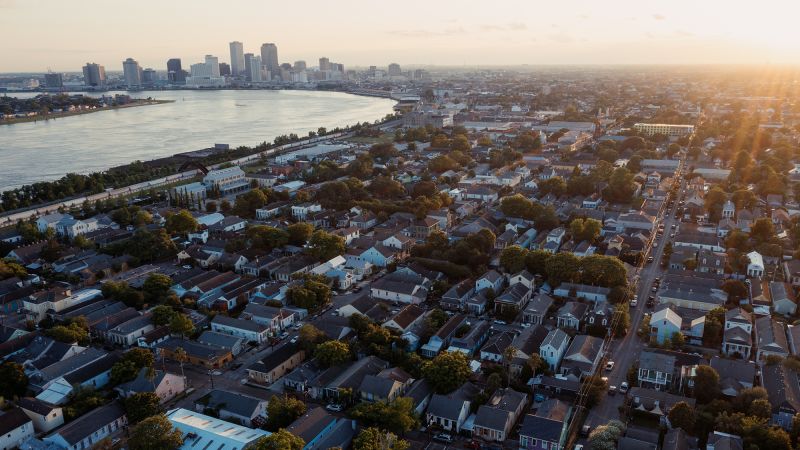The home insurance market is crumbling in New Orleans, leaving Alfredo Herrera with few options for coverage — and skyrocketing insurance premiums.
Herrera, 35, works in finance for a local bank. He bought his 900-square-foot home in New Orleans’ Mid-City neighborhood in 2020 for $270,000, and lives there with his partner.
In 2022, he paid $1,600 a year for home insurance. But last July, his insurer canceled his coverage, saying it was leaving Louisiana.
In the past, acquiring or keeping homeowners’ insurance didn’t present much of a problem.
But as climate change increases the frequency and severity of extreme weather, insurers — especially those in areas most impacted by floods and fires — are raising their premiums, or pulling out altogether, impacting the affordability and availability of home and fire insurance.



Hot take: all severe/extreme-risk flood zone properties should be immediately rezoned to disallow residential use. Current residents would be able to stay where they are, however any flood zone property put up for sale should be sold for either recreational or agricultural use, otherwise acquired by the government to be restored to a riparian ecosystem. Better to take the financial hit of property value decrease now and start dismantling high-risk development than realize the loss suddenly after the next big flood washes the entire neighborhood away. Additionally, creating more dedicated wetlands may even mitigate how far-reaching that next flood is and help protect properties that would have otherwise gotten inundated.